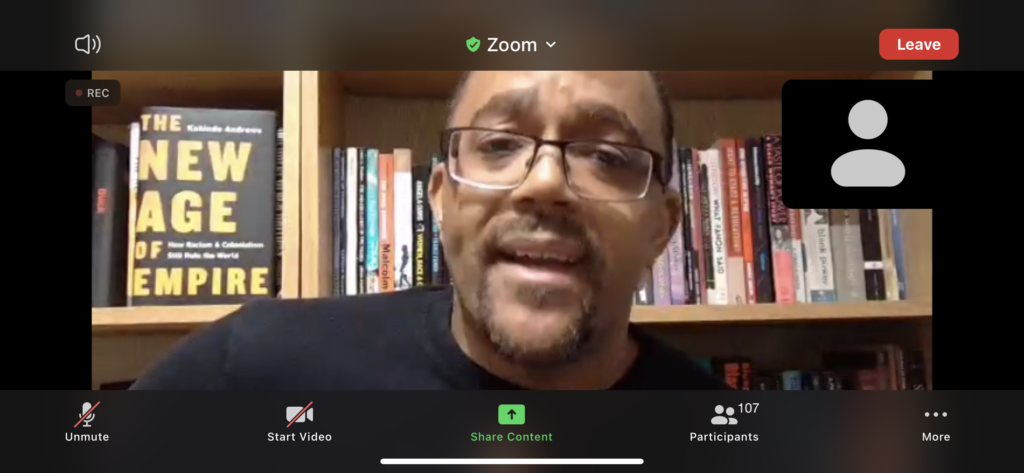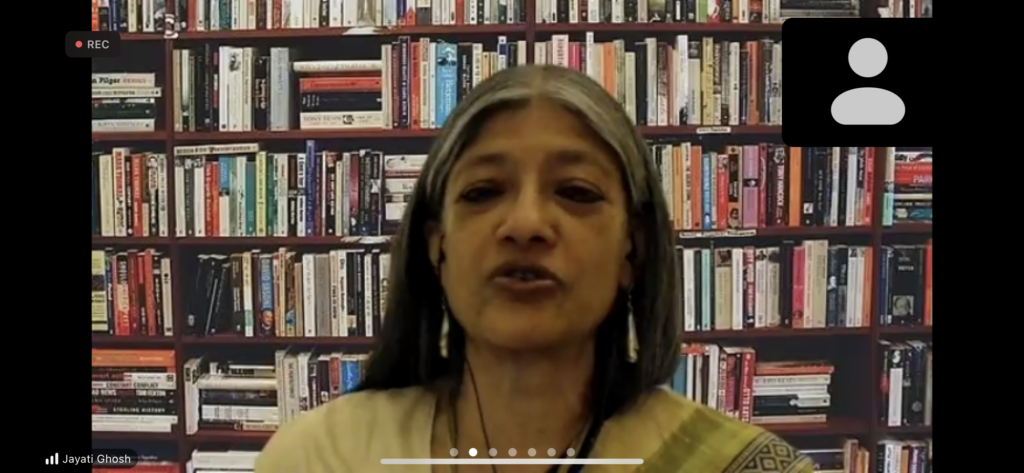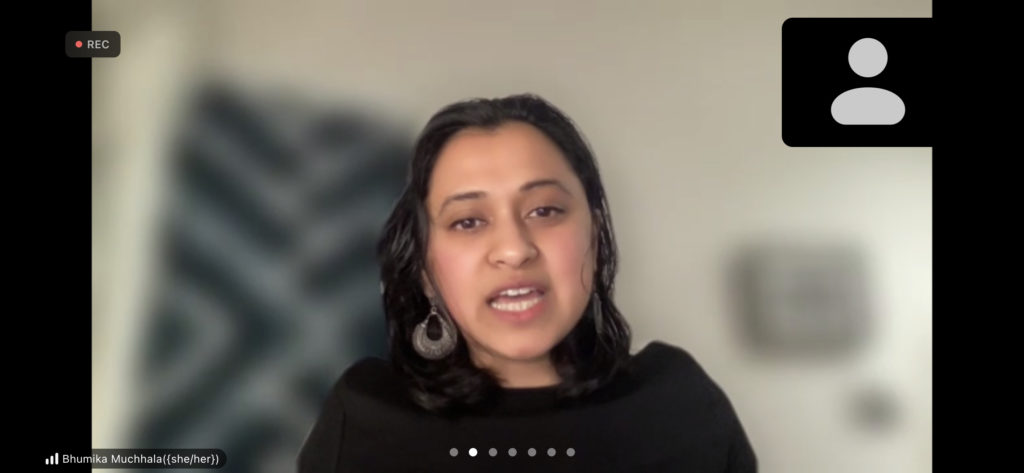The I.M.P.A.C.T. Email
This is a fun email for Tuesday February 22nd, 2022. Hope you like it!
Interesting:
Powerful questions continue to rise up in how the global development job market works—or SHOULD work.
After a few interviews in January, I can’t help but agree with so many of the great points Vu Le makes in his latest blog post:
Crappy hiring practices that need to die, and some new ones we need to adopt
The ones that ring the most with me right now:
Stop asking for work outside candidates’ portfolios
Seriously? You want me to give you an ENTIRE climate change advocacy strategy for your NGO, prepared BEFORE the interview, in 3 days what would probably take me 3 months to do while actually ON THE JOB? Please.
Stop asking “creative” interview questions:
One question I’ve been asked in every job interview recently is:
“What is the achievement you are most proud of?”
While I can see some value in giving the interviewers a big picture sense of what YOU find important, this one in my book is SO WEIRD and uncomfortable.
I’m still having nightmares about what I’ve said in the interviews.
How would you answer?
Stop ghosting people after they spent hours or months on your process
How is this even possible in this day and age, aside from laziness and irresponsibility.
I did one interview in 2020 that took me days to prepare for, and a weekend away from my family. I guess I didn’t get the job—I’m still waiting to hear back.
And for that matter, we need to end this notion that “Only candidates who made it through the screening will be contacted.”
Make sure you reply to anyone even APPLYING to work in your organization, saying their application wasn’t successful – so they can just stop wondering.
Vu provides a highly reasonable (and often hilarious) voice on many issues you should follow.
Motivating:
As a Columbia University alum, I signed up to receive regular emails on what’s going on at campus. Aside from a lot of requests to give money to the university (which already has a $14.3 billion endowment), I do get to see some of the latest ideas being discussed so I can keep up to date.
Last week, Fatema Z. Sumar, the author of The Development Diplomat: Working Across Borders, Boardrooms, and Bureaucracies to End Poverty, gave a talk on her new book.
I wasn’t able to attend the session, but I have been reading the book.
It’s a great analysis of some of the limitations of how we currently approach poverty reduction projects — isolated from the broader, political dynamics that must be influenced for real work to get done. That second area, then, is where diplomacy can step in.
Aside from making a compelling case for how to bring development and diplomacy together, her book is inspiring for sharing her stories growing up as a first generation Muslim American and achieving some powerful achievements early in her career.
Picture:
I talk a bit about some new ideas around decolonizing development below (see Context), including an event online I attended last week.
Here are a few photos from the key speakers at the event:
 Kehinde Andrews
Kehinde Andrews
 Jayati Ghosh
Jayati Ghosh
 Bhumika Mucchala
Bhumika Mucchala
Action:
I’m always looking for ways to reach more people with the strategies and tactics I learned across nearly 20 years working in and hiring others in the global development sector.
Last week, I reached out to the #1 UN/NGO jobs site I’ve known to see if we could connect.
(By the way, in case you missed it, here’s my video with the Top 4 websites to find United Nations / NGO jobs)
The main person behind the top site I recommend is looking to make some really interesting changes.
I wanted to ask YOU, click ahead to take a 1 question survey:
Context:
One of the trends I expect to see a lot more of in the coming years centers around the need to decolonize development.
As I mention in my free ebook, Ultimate Guide to Your Impact CV, “development jargon” and key terms are critical to master as you grow your career in the sector.
Like many other terms in our sector, “decolonizing development” is contested–holding many different definitions depending on who uses it.
Essentially, decolonizing development recognizes that the ideas, language, and people from the so-called “Global North” are privileged in global development.
The effort to decolonize these from how we understand and speak about development is about decentering the “West” from our debates.
A new series just launched at New School University to explore a range of these ideas through events this spring. The first one opened up last week and was a really useful introduction to the key ideas, Reclaiming and Remaking Development
You can sign up for the next events in the series for free here.
Thought:
In her introductory remarks, Professor Sakiko Fukuda-Parr mentioned that the decolonizing development course was a mandatory course in the international affairs graduate degree program at New School University.
What would development look like if we made decolonizing development reading mandatory for all professionals?
That’s all for now. I hope you have a great week ahead!
Chris – ImpactGrowthLab.com